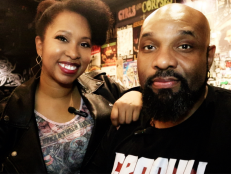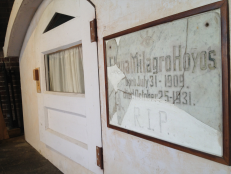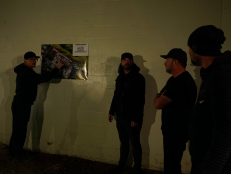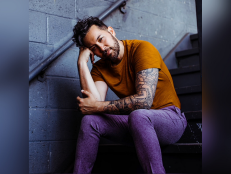How to Observe Fair Trade Month Year-Round
October might be Fair Trade Month, but you can buy products that support fair trade anytime.

Society B
Fair Trade Month might fall in October, but it merely serves as a gentle reminder to observe this conscientious movement year-round.
Simply put, fair trade is a practice that ensures farmers and craftspeople in developing countries are paid and treated fairly for their goods. The longer explanation is that fair trade, overseen by different governing bodies, ensures sustainable business practices (minimum prices, fair wages), quality-of-life working conditions (a safe work place, reasonable hours) and environmental best practices (organic and eco-friendly where possible).
In all, there are up to 10 guiding principles that groups such as the Fair Trade Federation and World Fair Trade Organization uphold, which also include banning child labor, and preventing discrimination based on gender, race, religion and more. Unfortunately, there are countless businesses around the developing world that are in violation of many of these principles, which is why it’s so important to support ethical products with a fair trade certification.
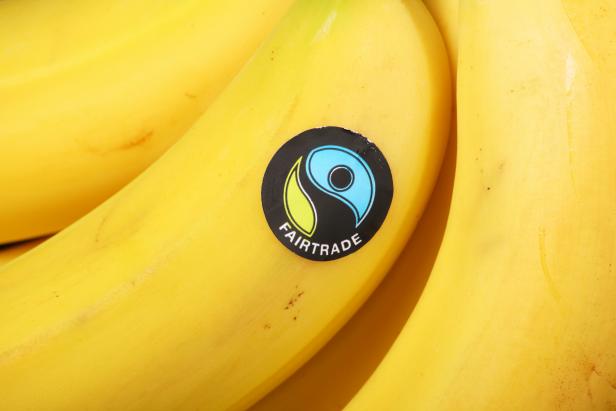
Thinglass
You might have noticed items with a fair trade seal, meaning that those goods met a set of criteria established by groups such as Fair Trade USA. The criteria are industry-specific, and vary for food, clothes and crafts. Bananas, coffee, tea and chocolate are among the most common fair trade items, but, according to Fairtrade America, there are hundreds more. As the industry grows, it’s become easier than ever to find fair trade clothes, beauty products and home goods, especially online.
But when did all of this start? Well, if you’ve ever shopped in a Ten Thousand Villages store, that’s a big part of it. Fair trade in the U.S. is traced back to 1946, when a Mennonite volunteer bought embroidery from impoverished women in Puerto Rico and sold it in the U.S. In 1958, this practice evolved into the first fair trade retail store, Ten Thousand Villages. Read on for a sampling of where to find fair trade products.
WHERE TO BUY FAIR TRADE GOODS ONLINE

Ten Thousand Villages
Ten Thousand Villages remains one of the most comprehensive sources, selling jewelry, accessories, home decor and more from around the world. In fact, it currently works with about 20,000 craftspeople in 30 developing countries. As with many fair trade goods, each item also shares the story of those who crafted it. For example, these new cat bookends (pictured), were carved in onyx stone by underprivileged craftspeople in Pakistan.

The Little Market
Fashion designer Lauren Conrad (of “The Hills” fame) is the co-founder of this non-profit, whose aim is to empower women artisans in developing countries. The Little Market follows fair trade principles, and shares information about all of the collectives they work with, who create everything from hand towels in Ethiopia to hand-knit baby rattles in Bangladesh. Moroccan glasses and a heart wine stopper are among the site’s bestsellers.

The Little Market
Fair Trade Winds operates six brick and mortar stores across the country in addition to maintaining a robust online presence. It follows the guidelines of the Fair Trade Federation for its stock, selling a range of jewelry, accessories, housewares, journals and more. You can also shop by cause: For example, five percent of a piece of jewelry from the Endangered Collection goes toward animal conservation projects.

Society B
This is another great site to find fair trade items for men and women that are high-quality and on-trend. Beauty products, toys and bags are all well represented from brands such as Kula Project and Hand in Hand Soap. This Zemen Tote is handmade in Ethiopia, and sure to become a daily favorite. Upon checkout, 10 percent of the purchase price will be donated to one of four charities of your choice.
Those looking to buy fair-trade-friendly yoga clothes will find them at this new site, which sells basic leggings and tops in a range of colors. What’s different is that the material is made from recycled water bottles (but you’d never guess). The owners are incredibly transparent about their business practice, detailing information about the factory where the clothes are made, as well as all of the fair trade tenants that they follow.
Paisley + Sparrow focuses on empowering women by partnering with artisans to sell a stylish, well-curated selection of scarves, leather bags and jewelry. As with similar sites, you can also shop by cause, supporting victims of sex trafficking or HIV+ women.

Rêve En Vert
Exploitive practices are rampant in the garment industry, particularly fast fashion. U.K. brand Reve En Vert shuns trends to bring buyers a wide selection of timeless pieces that are made with organic materials and follow fair trade practices. It also sells Bamford, a U.K.-based organic beauty line.
Next Up
Nashville's Top 6 Places to Shop
How to Make a Map Keepsake Box for Your Travel Trinkets
Meet Jordan Hembrough
13 Haunted Hotels + Home Rentals You Can Book Right Now
Croatia's Most Under-Rated Markets
Haunted House Survival Guide: 10 Products You Need to Get Through It
This Travel Gear Under $50 Will Definitely Sell Out During Prime Day
The Weekender: Key West
Sunshine, fish tacos and even more fish await at the southernmost point of the US. Here’s what to pack for a long weekend in quirky Key West.



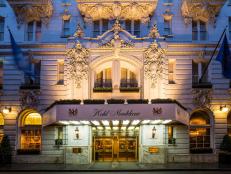
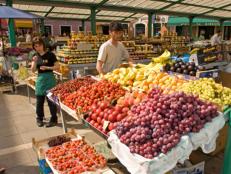

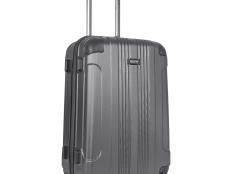
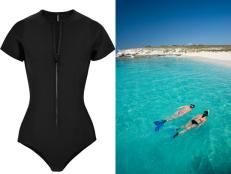

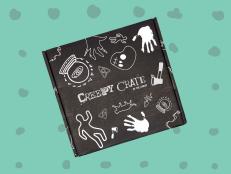
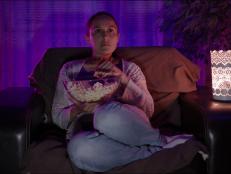

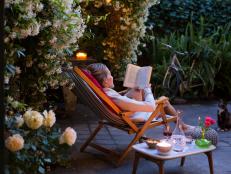


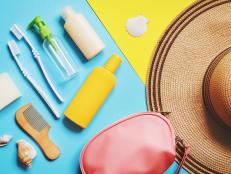
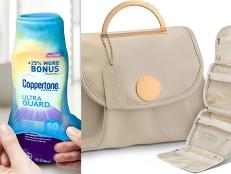










.jpg.rend.hgtvcom.231.174.suffix/1674758726773.jpeg)





